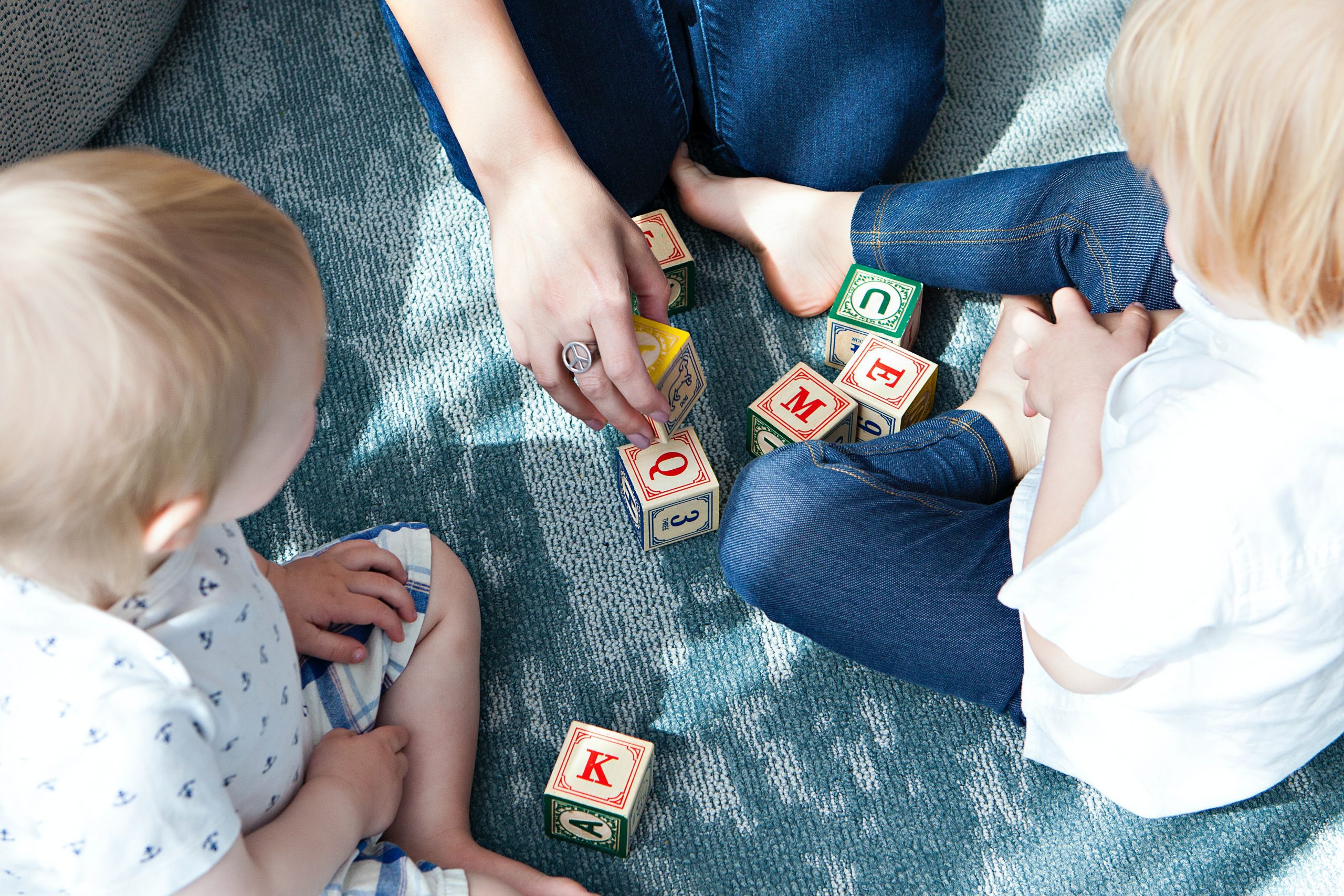
The habits we develop when we’re young set the tone for our habits as adults. Preventative healthcare could save a lot of heartache.

By Alex Eisler
March 14, 2019
The habits we develop when we’re young set the tone for our habits as adults. Many of us could improve how and when we go to the doctor…let’s face it: preventative care could save many people a lot of heartache.
Get your child on the right track:
- Talk early and often about accessing health care. Start talking to your child while they are young (elementary school-aged) about how to know when they should see a healthcare provider and keep the conversation going. Talk to them about preventative care and when they need a specific visit. Don’t shy away from sensitive topics (like, sexual health or drug use). Tell them if they don’t like a clinician, you will do your best to help them find one they like better.
- Help plan a visit. Talk to your child about what they should tell the clinician and what kinds of questions they should ask. Make a list with them, write it down, and help them remember to take it to the appointment.
- Don’t be a busybody. As they get older, don’t demand to know why they want to see a healthcare provider. You can ask, but respect their choice to be private. Ask if your child prefers you not look at an insurance Explanation of Benefits (EOB)…and don’t look at it if that’s what you promised! (See your state’s laws to know what medical care youth can consent to without an adult.)
- Give them “alone time.” Clinicians offer older youth time alone to talk privately. This is developmentally appropriate and will help them get the care they need. Give them that time and respectfully leave the room.
- Inquire if “everything is ok.” Gently check in with your child about their health. They may want a door-opener to talk to you. Ask if there is anything they want to talk about and assure them you are there to listen and that you’ll do your very best to respect them growing into adulthood.
Alex Eisler, MPA, previously served as a Capacity Building & Evaluation Manager with Healthy Teen Network. Alex is a creative and innovative champion for adolescent health and well-being. Alex’s experience in resource development, instructional design, management, training, and delivering capacity-building assistance (CBA) across the U.S. has enabled her to develop nuanced and inventive approaches to meet the sexual, reproductive, and social-emotional needs of adolescents, including young parents.












